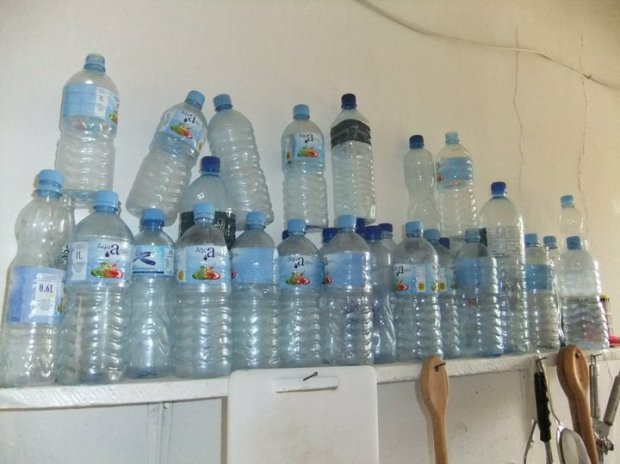
Tuna fish are amazing. They are huge (up to 1500 pounds huge!), extremely fast swimmers (up to 70 mph fast!), they have an impressive amount of stamina (annual travelling of 4000+ miles!), and they are worth A LOT of money (one bluefin Tuna sold for $1.76 million dollars in 2013). Unfortunately, like many fish in the sea, Tuna have been overexploited using environmentally degrading practices.
Besides unsustainable practices such as sport fishing, Tuna are fished by ranching, and corraling. Now both of these practices are bad in their own ways.
1. Ranching is when entire schools of Tuna are caught in nets, and then towed to nearby the shore. Here, the Tuna are raised for a few months and then harvest and exported. Ranching itself does not count towards legal catch quotas, and as a result, does not fall under aquatic regulations and remains unregulated. In addition to a lack of regulations, this form of Tuna fishing negatively affects the age structures of wild populations. Juvenile Tuna are removed from the wild; juvenile Tuna being the type of Tuna in charge of replenishing wild populations.
2. Tuna are found swimming below dolphins in the ocean. As a result, corraling the dolphons is the method used to catch Tuna, The dolphins are corraled into a small area, and then a net is dropped around the dolphins, simultaneously catching the Tuna below. All species caught in this area (mainly dolphins) are then hauled on board the ship. Consequently, all dolphins caught while trying to catch Tuna are dead before they can be freed.
The problem with Tuna is that they are valuable, yet undeniably finite. There is a large demand for Tuna, and a large profit to be reaped from selling Tuna. The question is whether or not the world is able to reach an agreement that preserves wild tuna stocks.
This post is not about finding a better way to catch Tuna. I am be no means an expert fisherman with the ingenuity to create a revolutionary technique or net that only catches exactly what you are looking for. That in itself is its own problem. I am, however, calling for you to get educated on the issue, and to get involved in pushing for more regulations. There still only exists a few regulations for fishing Tuna, and many areas around the ocean have no catch limits. Tuna populations would also benefit from restrictions on catching juvenile Tuna, but this would require countries to take a hit economically speaking in the short term.
Photo Cred: http://learn.uvm.edu/foodsystemsblog/2013/09/19/species-on-the-edge-of-a-knife-can-bluefin-tuna-survive-the-sushi-craze/
As always: comments, questions, concerns or even random thoughts? I would love if you shared them with me so please comment below!


